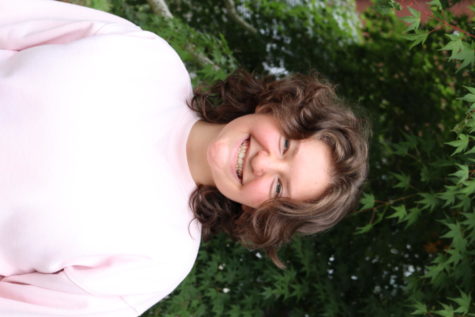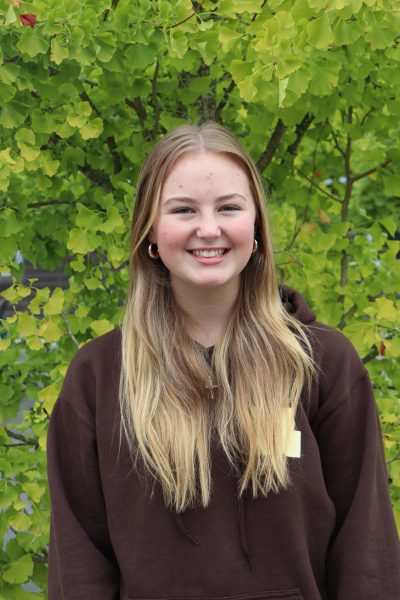A story of survival
An insight into Passover traditions
April 5, 2022
Passover, the mysterious holiday involving big plates, long dinners that go until 2 a.m., leaving the door open for invisible visitors, and hiding a piece of unleavened bread. Passover is a Jewish holiday that usually falls in early spring where the story of Jewish people’s exodus from their enslavement in Egypt is retold. This year, Passover starts on April 15 and ends on April 23.
As a religious holiday, though, there are common traditions and also differences from family to family that make each celebration unique. The traditional custom is Seder, a long dinner with 14 parts and specific prayers from the Haggadah, a book used to guide everyone through the Passover seder. Some Jewish students have multiple seders. Izzy Russakoff, sophomore, says they either have just their own, or go to two. “[It] depends on the year…[but when we do it, we] have a seder of our own, and then if our friends have seders we usually go there and the temple,” said Russakoff.
Isabel Kaplan, senior, does something similar. We usually have a Seder. It depends on the year, usually on the first night. We do that with my cousins and grandparents. Sometimes we go to a friend’s house to either do a mini Seder or something different like a dinner,” she said. For her, the closeness with friends and family in the Jewish community is key. “I think it’s fun to be with family, with my cousins. We always have fun singing the songs at the end…I have good memories of that from when I was younger,” said Kaplan.
One memory that has stuck out is hiding and/or finding the afikoman, a blessed piece of matzah that typically adults hide for children to look for. Julie Reid, senior, really appreciates this tradition. “I love finding the afikoman…my mom or grandma will usually hide it and then me or my sister will find it. We usually get a few dollars for finding it,” she said.

Russakoff and Kaplan do it a bit differently. “For the afikoman we do the kids hide it and the parents look for it,” said Kaplan. For Russakoff, she also hides it sometimes. “[My sister and I] hide it from each other until there’s no more,” Russakoff said.
Another custom lies in Eliahu’s cup. Eliahu (or Elijah) was a prophet, and during Passover a cup of wine is left out for him and the door is left ajar, so he may enter. “We keep the door open all day except when we start it so we can open it again for Elijah. My sister and I always race to the door to open it for Elijah,” Russakoff said. To show that Eliahu has arrived, some parents will throw out the wine or drink it themselves. “[My mom] definitely sips the wine to make it look like he comes even though we all know that it’s her,” Reid said.
Passover can be a time to bring people together and feel together. “[I focus on] embracing the joy that the holiday brings. I love how it makes other people feel…when we think of Passover…I think of remorse and then freedom. Embracing that that happened to us,” she said. For Reid, sometimes she feels the meaning is lost to her. “I honestly kind of forget what it means…I haven’t gone to temple in like a year,” she said.
Due to COVID and the increasing intensity of school, some have found that their religious traditions and activities have taken a back burner. Previously, Reid was a Madricha, a youth leader in the temple, but she has become less involved in the community. “Before I was a Madricha, I was on my youth group board, I was membership vice president and just because of COVID and having to teach second graders through Zoom which was really hard,” she said.
Though she may have become less involved, it doesn’t mean that Judaism isn’t important to her. Said Reid: “I got a job and stopped working as a Madricha and stopped going to temple because I was so busy. It’s definitely changed the way I involve myself in Judaism, but I still feel that connection even if I’m not always going to services. I know it’s always there for me.”




